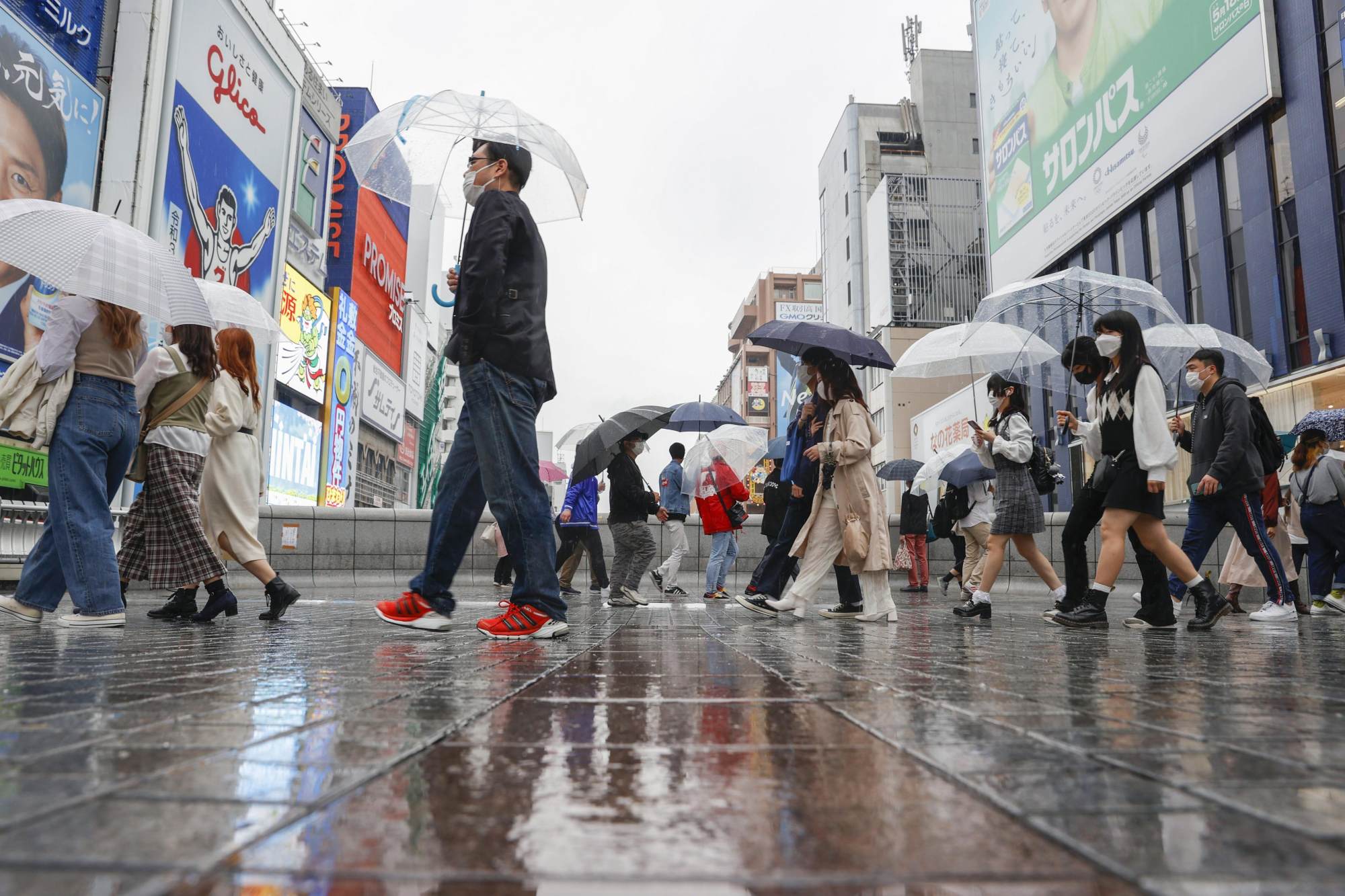Japan’s property market is a star performer
- Although
Japan’s economic recovery is struggling to gain traction, it has been
one of the most resilient and best-performing real estate investment
markets since the pandemic erupted
In the developed world, the post-pandemic recovery is proceeding apace. In the United States, 46 per cent of the population are fully vaccinated, the rate of expansion in the manufacturing and services sectors is close to a historic high and a key measure of core inflation increased at its fastest rate in nearly 30 years last month.
Even in the euro zone, whose recovery is less advanced and which initially struggled with its vaccine roll-out, business activity is growing at its quickest pace in 15 years as economies reopen and immunisation programmes accelerate sharply.
In Japan, however, the recovery is struggling to gain traction. Survey data published last week showed that private-sector activity was in contraction territory at the end of June, dragged down by a resurgence in Covid-19 infections that forced the government to impose a state of emergency in the biggest cities.
Goldman to double Japan property investments to over $2bn a year
International investors re-evaluate Japan real estate investment
Norway fund buys $740m chunk of Mitsubishi Estate's Tokyo office
While the restrictions have just been eased, fears that next month’s summer Olympic Games in Tokyo could cause a much sharper spike in cases have led to a public outcry over the government’s decision to go ahead with the event.
In the US and Europe, the return to normality means growth and a withdrawal of monetary stimulus. In Japan, it means a continuation of deflationary pressures and ultra-loose monetary policy. Just as worryingly, Japan is lagging far behind on vaccinations, with only 9 per cent of the population fully inoculated.
Yet, while Asia’s largest advanced economy may be missing out on the dramatic rebound in the developed world, it has been one of the most resilient and best-performing real estate investment markets since the pandemic erupted.
In the first quarter of this year, Tokyo was the world’s second-most-actively-traded property investment market at the city level after Boston, accounting for nearly US$8 billion in transaction volumes, having ranked third for the whole of 2020, data from JLL shows.
Just as impressively, the share of overseas investment last year reached 34 per cent, the highest proportion since 2007, and an even more remarkable ratio, given that Japan is one of the markets in Asia, along with China and South Korea, where the domestic share of property investment is the highest.
Despite virus-induced concerns over the future demand for office space, offices accounted for 52 per cent of investment deals in Japan in the first quarter, on a par with pre-pandemic levels, according to JLL.
Although rents in Tokyo are under pressure, net absorption of office space last year was even higher than in 2019, helping keep the city’s vacancy rate under 2 per cent.
Christian Mancini, chief executive for Asia-Pacific (excluding Greater China) at Savills in Tokyo, says the strong performance of Japan’s property investment market suggests bleak headline-grabbing economic data has little bearing on investor sentiment. “It has all of us staring at each other and scratching our heads,” he said.
Other country-specific factors, however, help explain why real estate investors are drawn to Japan.
First, no other market in Asia has the liquidity and stability Japan offers. Not only does the country typically account for the largest share of annual transaction volumes in the region, it has long been perceived as a safe haven, underpinned by political stability, a relatively high level of market transparency and a large pool of core properties with creditworthy tenants.
Second, although foreign investors face stiff competition from a well-established local institutional investor base, the strength of domestic capital makes Japan’s property market more resilient to external shocks. It also adds depth to the sector, providing a solid foundation for overseas investors to achieve scale.
Third, the investment market is broadening out, with buyers looking beyond Tokyo. Osaka, Japan’s second-largest city, was the world’s 15th-most-widely-traded property market in the first quarter, while the Greater Osaka, Nagoya and Fukuoka regions together accounted for a quarter of deals in Japan last year, compared with 12 per cent in 2010, data from JLL shows.

Fourth, the maturity of Japan’s real estate market, and its ample liquidity, are particularly advantageous in the logistics and multifamily sectors, the two most popular asset classes since the pandemic erupted.
Japan accounted for 39 per cent of logistics deals in Asia last year, according to property consultant RCA, with investors increasingly drawn to larger regional cities.
Yet, it is the appeal of Japan’s rental housing sector that explains a lot about the strong performance of the country’s property market.
By far the largest in Asia, and one of the most liquid in the world, Japan’s multifamily market ticks the right boxes: persistently high occupancy, stable and resilient rental income and attractively priced due to Japan’s ultra-low borrowing costs and the scope for further yield compression.
Just as importantly, cultural factors are at play. In stark contrast to the widespread lay-offs that have swept across the US and Europe since the pandemic erupted, mass redundancies are frowned upon in Japan.
Workers, moreover, were much more eager to return to the office. Both factors have underpinned the resilience of multifamily assets. “It’s an incredibly durable asset class,” said Mancini.
Japan is the odd man out when it comes to the rapidly accelerating recovery in advanced economies. Yet, in the real estate investment market, it is Asia’s star performer.







No comments:
Post a Comment
Note: Only a member of this blog may post a comment.